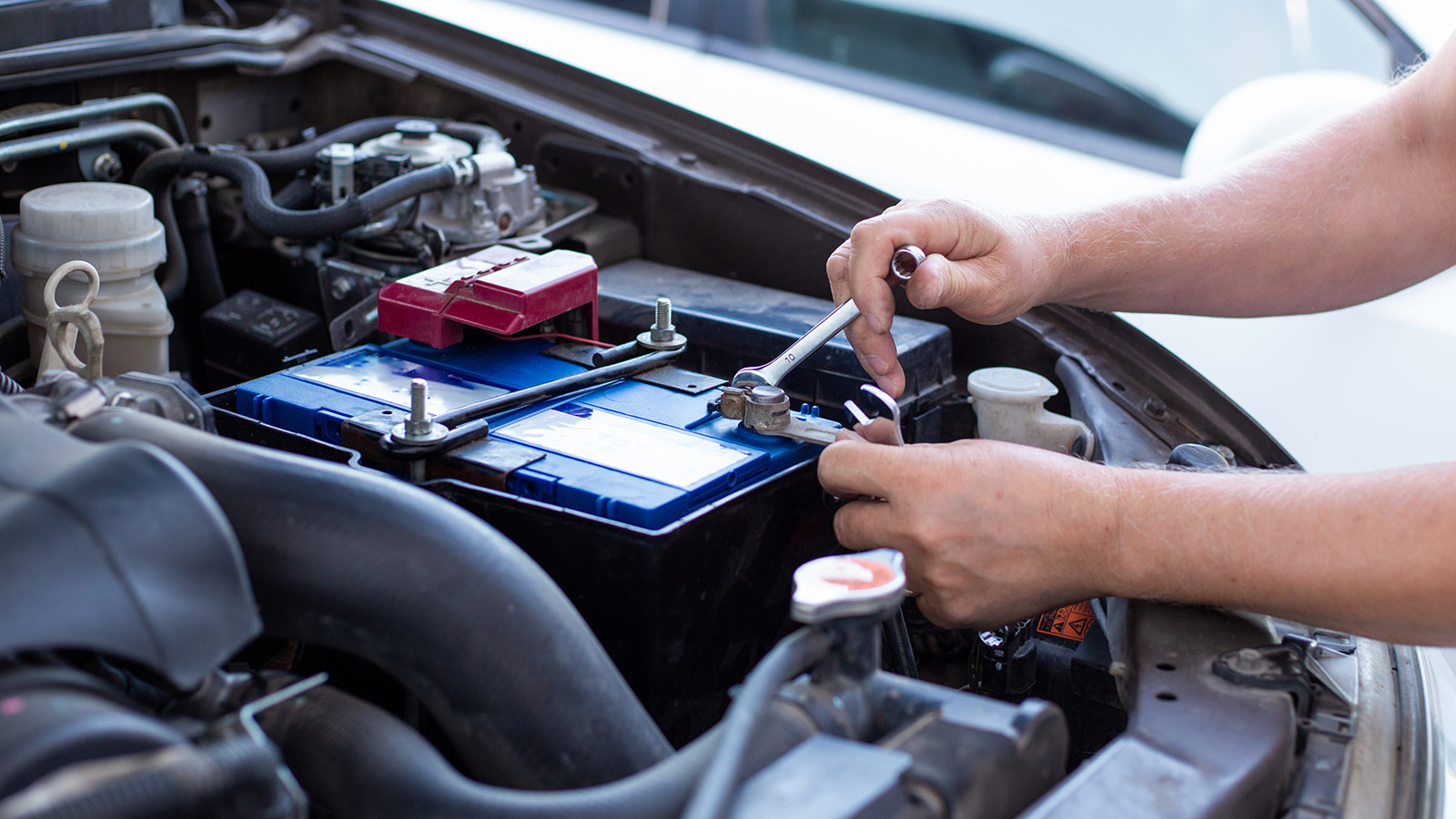Replace a car battery every 3-5 years or when signs of weakening like slow start occur. Car battery replacement is crucial for optimal vehicle performance and reliability.
As the power source for starting the engine, running electronic systems, and providing energy for accessories, a healthy battery ensures smooth operation. Without a functional battery, your vehicle may experience issues such as difficulty starting, dimming lights, or failing electrical components.
Regularly checking and replacing your car battery when necessary can prevent unexpected breakdowns and keep your vehicle running smoothly. In this blog post, we will delve deeper into the importance of timely car battery replacement and how to recognize when it’s time for a new one.

Credit: auto.howstuffworks.com
Contents
Recognizing The Signs Your Car Battery Needs Replacement
Is your car struggling to start or showing dim lights? These signs may indicate your car battery needs replacement. Don’t ignore these early warnings to avoid unexpected breakdowns. Regularly check your battery health for a smooth driving experience.
Slow Engine Crank
When your car takes longer than usual to start, it may be due to a slow engine crank. If you notice this, it’s a clear sign that your car battery needs to be replaced.
Check Engine Light Activation
The check engine light activation is another indicator that your car battery may need replacement. Modern vehicles are equipped with onboard diagnostics that can detect battery-related issues and trigger the check engine light.
It’s important to pay attention to these signs and address them promptly to avoid being stranded with a dead battery. Regular maintenance and periodic checks can help prevent unexpected battery failure.

Credit: www.lancastertoyota.com
How Weather Affects Your Car Battery
Extreme weather conditions, such as extreme heat or cold, can cause your car battery to fail. It’s important to monitor your battery’s performance and replace it when necessary to avoid being stranded on the road.
Impact Of Cold Weather
Extreme cold weather can have a significant impact on your car battery. In colder temperatures, the chemical reactions that occur within the battery slow down, reducing the battery’s ability to hold a charge. As a result, your car may struggle to start in the morning, and you may hear a clicking sound when you turn the key in the ignition.
To prevent cold weather from affecting your car battery, it’s important to keep the battery charged and to avoid leaving your car unused for long periods. You can also park your car in a garage or use a battery blanket to keep it warm.
Heat Induced Battery Wear
In addition to cold weather, heat can also have a negative impact on your car battery. High temperatures can cause the fluid inside the battery to evaporate, leading to internal damage and reducing the battery’s lifespan.
To prevent heat from affecting your car battery, you should park your car in a shaded area whenever possible. You can also consider using a battery insulator or heat shield to protect your battery from the heat.
Regular maintenance and inspections can also help you identify any potential issues with your car battery before they become major problems. If you notice that your car is struggling to start or if your battery is more than three years old, it may be time to replace it.
By taking steps to protect your car battery from the impact of weather, you can ensure that your car starts reliably and that you avoid unexpected breakdowns. Remember to keep your battery charged, park in a shaded area, and schedule regular maintenance to keep your car running smoothly.
Solutions And Precautions For A Dying Car Battery
When facing a dying car battery, it’s crucial to take immediate action. Here are some solutions and precautions to consider:
Regular Maintenance Tips
- Check battery terminals for corrosion regularly.
- Inspect for signs of wear or leakage in the battery.
- Ensure proper insulation around the battery.
Choosing The Right Replacement
- Consult manual for correct battery specifications.
- Opt for a reputable brand with warranty coverage.
- Consider environmental impact of the battery.

Credit: www.homedepot.com
Frequently Asked Questions
Here are some FAQs about the time of car battery replacement –
How Often Should Car Batteries Be Replaced?
Car batteries generally last 3-5 years, but factors like climate and driving habits can affect lifespan.
What Are The Signs Of A Failing Car Battery?
Look out for slow engine crank, dashboard warning lights, and a swollen battery case.
Can A Car Battery Be Recharged Instead Of Replaced?
Yes, if the battery is relatively new and the issue is due to leaving the lights on.
How Does Weather Affect Car Battery Lifespan?
Extreme temperatures can cause battery fluid to evaporate, leading to potential damage.
Why Is It Important To Replace An Old Car Battery?
An old battery can lead to starting issues and potential electrical system damage.
Conclusion
To ensure the smooth operation of your vehicle, knowing when to replace your car battery is crucial. By paying attention to warning signs such as slow engine cranking, dim headlights, or a battery that’s over three years old, you can avoid unexpected breakdowns and costly repairs.
Regular battery maintenance and periodic inspections by a professional can also help extend its lifespan. Remember, a properly functioning battery is essential for a reliable and efficient driving experience. Stay proactive in monitoring your battery’s health to keep your car running smoothly on the road.